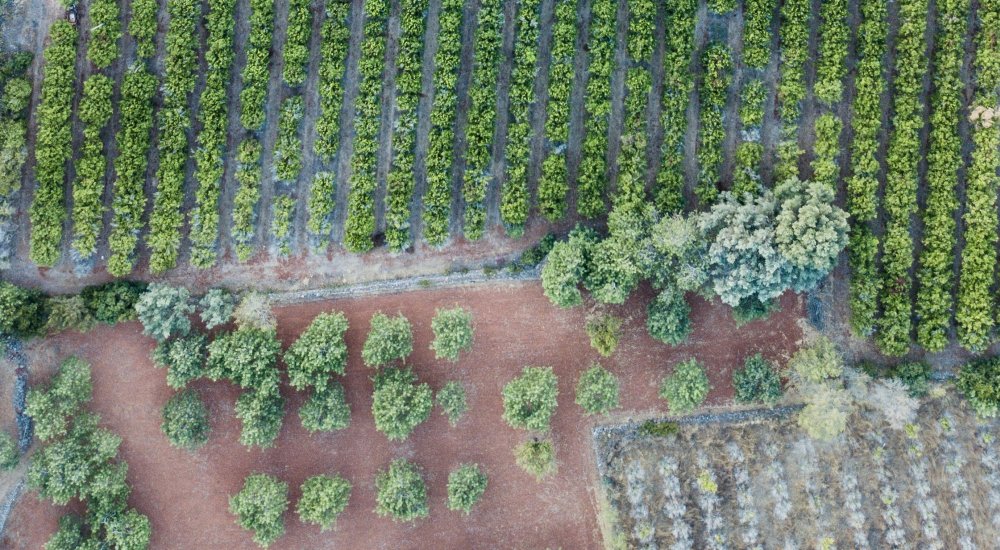PRIMA CALL┋Thematic Area 1 - Water Management in the Nexus

TOPIC: 1.1.1-2025 Upscaling Nature Based Solutions for sustainable water management to address extreme events in the Mediterranean.
TYPE OF ACTION: (IA) Innovation action
TOTAL INDICATIVE AMOUNT ALLOCATED TO THIS CALL:EUR 10.9 million
OPENING DATE: 08 April, 2025
DEADLINE: 15 July 2025 (17:00h Central European Time (CET)
STATUS: Open
Expected Outcomes
Aligned with the priorities of the European Green Deal, including the EU biodiversity strategy for 2030, as well as the EU climate adaptation and mitigation ambitions for 2030 and 2050, successful proposals will focus on scaling up Nature-based Solutions18 (NBS). These solutions will enhance water security and improve the management of water-related risks amidst a changing climate, emphasising principles such as green, blue, and circular approaches (e.g., Natural Water Retention Measures, NWRMs) to mitigate the impacts of extreme events and water pollution.
Project results are expected to contribute to the following expected outcomes:
- Improved water management, enhanced climate resilience and adaptive capacity of ecosystems and communities19 through the implementation of cost-effective Nature-Based Solutions (NBS)
- Increased knowledge sharing and capacity building among stakeholders at all levels to effectively design, implement, and maintain NBS.
- Improved monitoring and evaluation systems for continuous enhancement of NBS leading to their integration into environmental, agricultural, and urban planning policies, as well as climate adaptation and mitigation and environmental protection strategies, supported by innovative governance frameworks.
Scope
Nature-Based Solutions (NBS) are pivotal in mitigating the effects of extreme events and water pollution in the Mediterranean by enhancing ecosystem resilience and promoting sustainable adaptation strategies. Despite their well-recognised importance, several key challenges remain. Evidence on the cost-efficiency and socio-cultural impacts of NBS is still fragmented, and there is a notable lack of holistic approaches and guidelines for their uptake at large catchment scales.
Moreover, there is a pressing need to demonstrate the effectiveness of combining different types of NBS. This includes showcasing their multiple benefits in addressing a range of challenges, such as salinity management and pollution control, especially from diffuse sources (e.g., agriculture). For instance, certain vegetation types can play a significant role in improving water quality by filtering pollutants and enhancing ecosystem health. Effective integration of these solutions is crucial for managing both salinity and pollution, thus providing comprehensive and sustainable responses to the diverse environmental challenges faced in the Mediterranean region.
The successful proposals should cover at least one of the following aspects:
- Identify existing Nature-Based Solutions (NBS) tailored to the diverse ecological and socio-economic contexts of the Mediterranean region to address risks like floods, droughts, water pollution and other hazards, as well as the barriers to their acceptance, with the aim to re-define regulatory frameworks accordingly.
- Test, validate, assess cost-effectiveness and benefits, and scale up NBS in diverse Mediterranean contexts (i.e., urban and rural scenarios), to mitigate droughts, floods, water pollution, heat waves, storms, while improving ecosystem biodiversity and resilience, recharge aquifer and preventing soil salinisation and erosion.
- Formulate new business models, governance approaches, and recommendations tailored for the Mediterranean region to promote widespread NBS adoption and their integration into existing policies, environmental and land use regulations.
- Explore combined NBS: A system of NBS interventions and also highlight the potential to combine NBS with other kinds of solutions/interventions (hybrid infrastructure).
- Develop decision-support tools for optimising NBS selection based on environmental conditions and stakeholder needs.
Proposals should actively implement a Multi-Actor Approach (MAA), engaging a wide range of stakeholders—including researchers, practitioners, policymakers, and end-users—throughout the project lifecycle to ensure relevance and impact. Additionally, policy briefs are encouraged as key outputs, distilling research findings into actionable insights for decision-makers.
Projects should establish links with the EU Mission on Adaptation to Climate Change by including dedicated tasks and resources for coordination and joint activities with relevant Mission-funded projects. Proposals should also allocate resources for collaboration with other PRIMA and EU-funded initiatives, Network Nature and its Task Forces, and European Partnerships like Water4All, to participate in joint communication and dissemination activities.
Call Documents and Templates
Adopted Annual Work Programme 2025
Guidelines for Applicants Section 1
Electronic Submission System Handbook
Call text Topic 1.1.1-2025 Water management in the Nexus
For questions related to this call for proposals, please contact Marco Orlando at marco.orlando@prima-med.org
